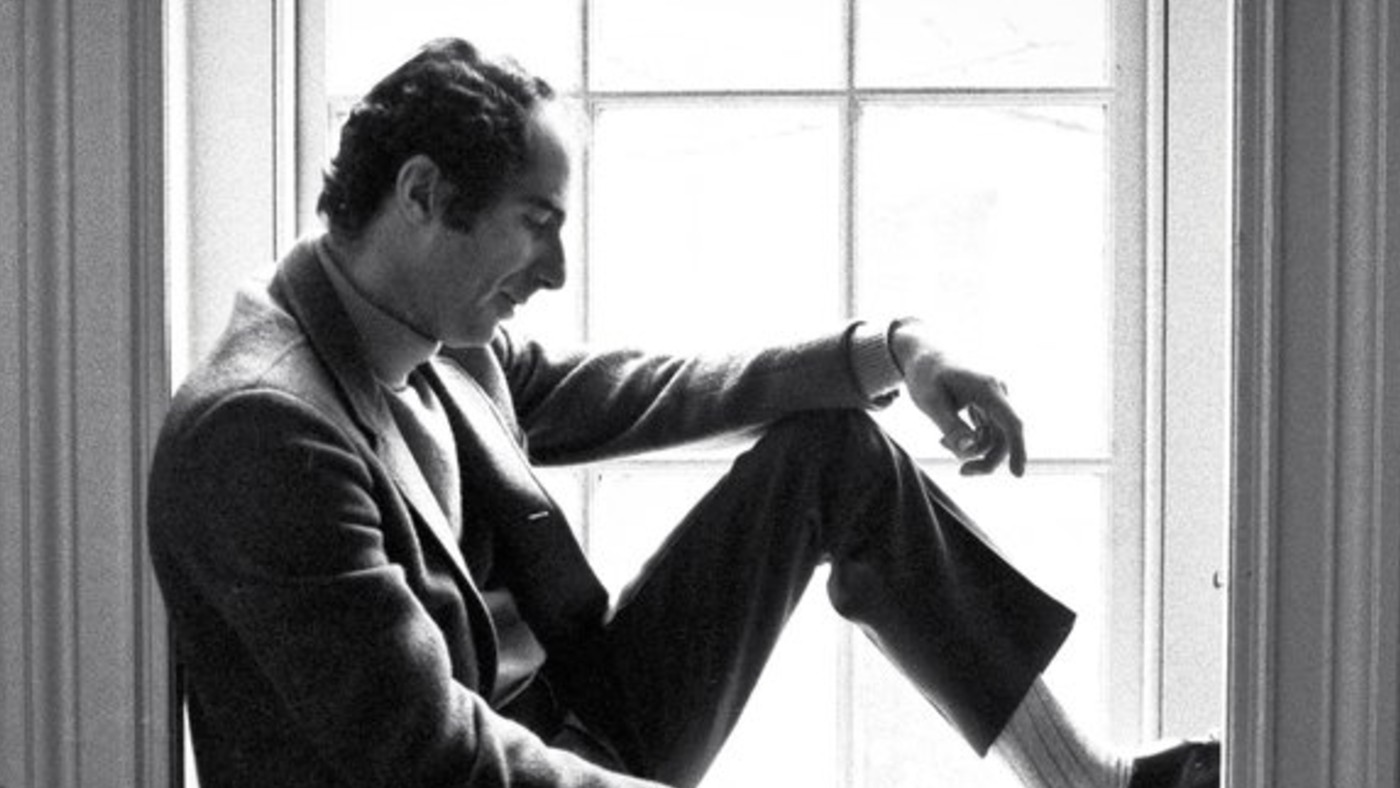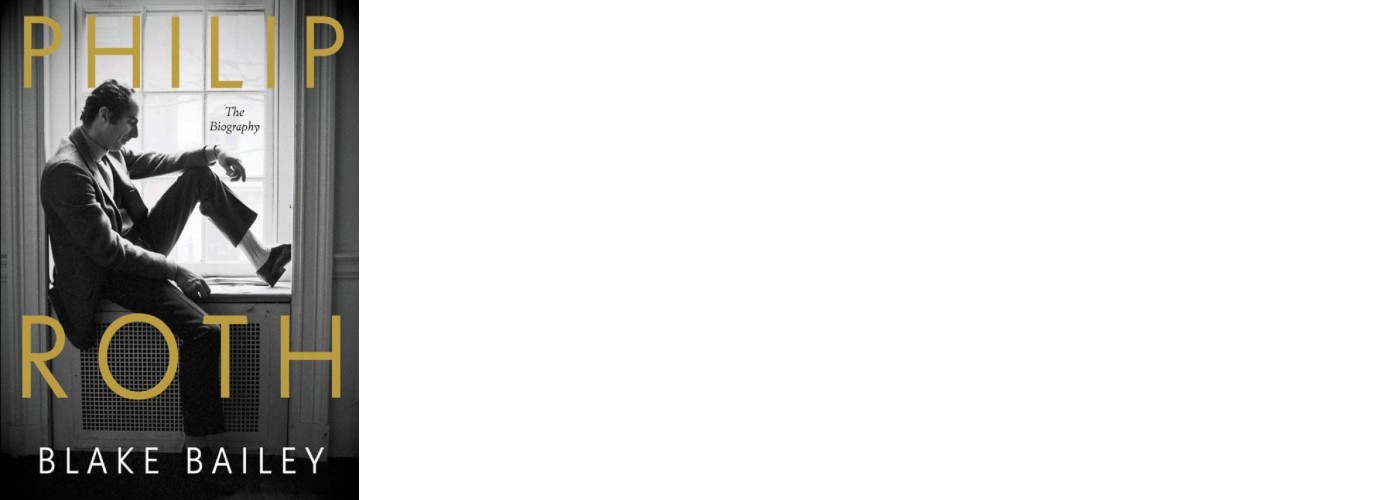Book of the week: Philip Roth by Blake Bailey
A ‘riveting, serious and deeply intelligent’ biography of the complicated author

A free daily email with the biggest news stories of the day – and the best features from TheWeek.com
You are now subscribed
Your newsletter sign-up was successful
Philip Roth’s novels are almost all narrated by characters very like him – some of whom are actually called Philip Roth. He was “the most meta of novelists”, said David Baddiel in The Spectator. This poses a problem for a biographer: surely if you want to know who Roth was, isn’t it best just to read his books? This problem evidently didn’t bother Blake Bailey. In this “double doorstopper of a book”, which was authorised by Roth before he died in 2018, he mines his subject’s history “again and again, in even greater detail than the man himself did”. The result is a fascinating account of Roth’s long, complex life. There are plenty of revelations: it tells you who “the insatiable Drenka” in Sabbath’s Theatre was modelled on, and describes Roth’s long affair with her; it tells you which Roth character was based on Saul Bellow. But it’s much more than that: it’s a “riveting, serious and deeply intelligent” biography – the biography Roth deserves.
One thing it doesn’t do is disguise his attitudes towards women, which are often shocking by present-day standards, said Blake Morrison in The Guardian. His two marriages, to Maggie Martinson and Claire Bloom, were “catastrophes”. While teaching in the 1970s, Roth got a colleague to act as his “pimp”, helping fill his classes with pretty students. He once tried to seduce a friend of Bloom’s daughter, Anna. When challenged, he said: “What’s the point of having a pretty girl in the house if you don’t f*** her?” While acknowledging that his behaviour often showed “breathtaking tastelessness”, Bailey strives to present a more nuanced picture. He emphasises Roth’s generosity, and the fact that “ex-lovers spoke warmly of him and visited his bedside when he was dying”. Roth was clearly no Harvey Weinstein.
The one weakness of this otherwise “definitive and genuinely gripping” biography is that Bailey’s opinion of Roth’s oeuvre is sometimes “hard to determine”, said Claire Lowdon in The Sunday Times. Although he provides “useful, clear accounts of each novel”, he rarely engages on a deeper critical level. Another failing is a slight tendency to take his subject’s word for things, said Tim Adams in The Observer. “While Roth is allowed his adolescent infatuations and changes of heart, his jilted lovers and their capsized lives are sometimes implicitly dismissed as dull or hysterical.” Still, this is a “compulsively readable” book. And it certainly fulfils Roth’s commissioning brief. “I don’t want you to rehabilitate me,” Roth told Bailey. “Just make me interesting.” In that task, he has gloriously succeeded.
The Week
Escape your echo chamber. Get the facts behind the news, plus analysis from multiple perspectives.

Sign up for The Week's Free Newsletters
From our morning news briefing to a weekly Good News Newsletter, get the best of The Week delivered directly to your inbox.
From our morning news briefing to a weekly Good News Newsletter, get the best of The Week delivered directly to your inbox.
Jonathan Cape 912pp £30; The Week Bookshop £23.99 (incl. p&p)

The Week Bookshop
To order this title or any other book in print, visit theweekbookshop.co.uk, or speak to a bookseller on 020-3176 3835. Opening times: Monday to Saturday 9am-5.30pm and Sunday 10am-4pm.
A free daily email with the biggest news stories of the day – and the best features from TheWeek.com